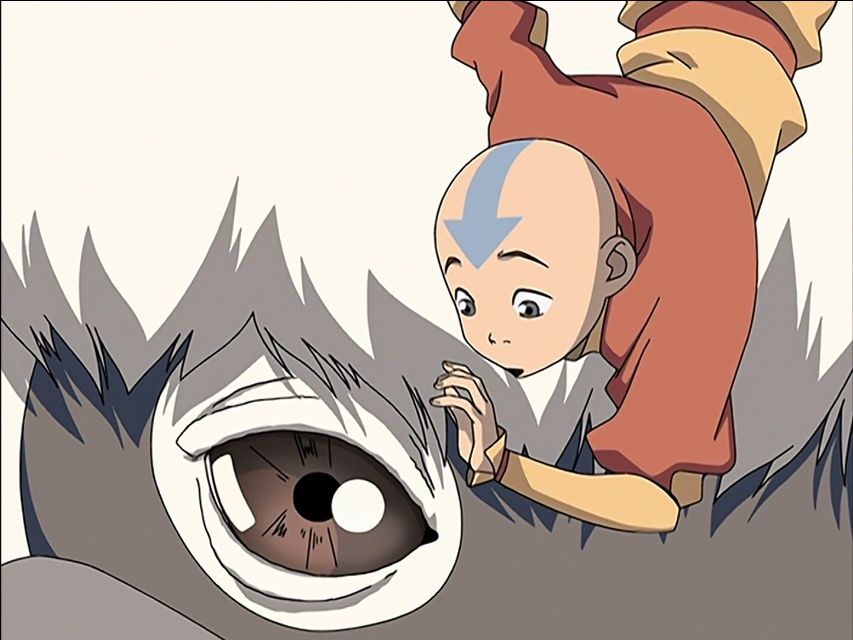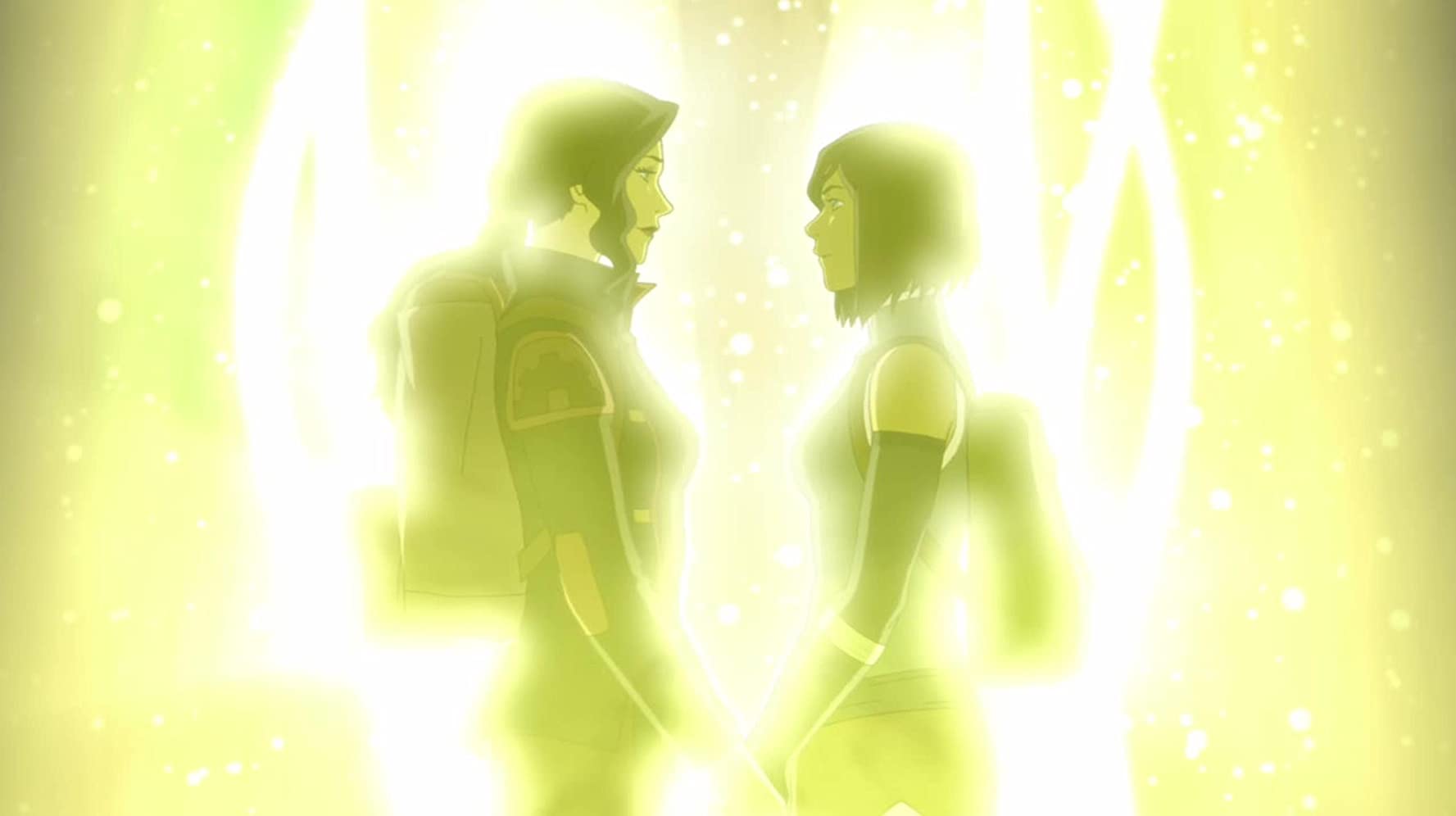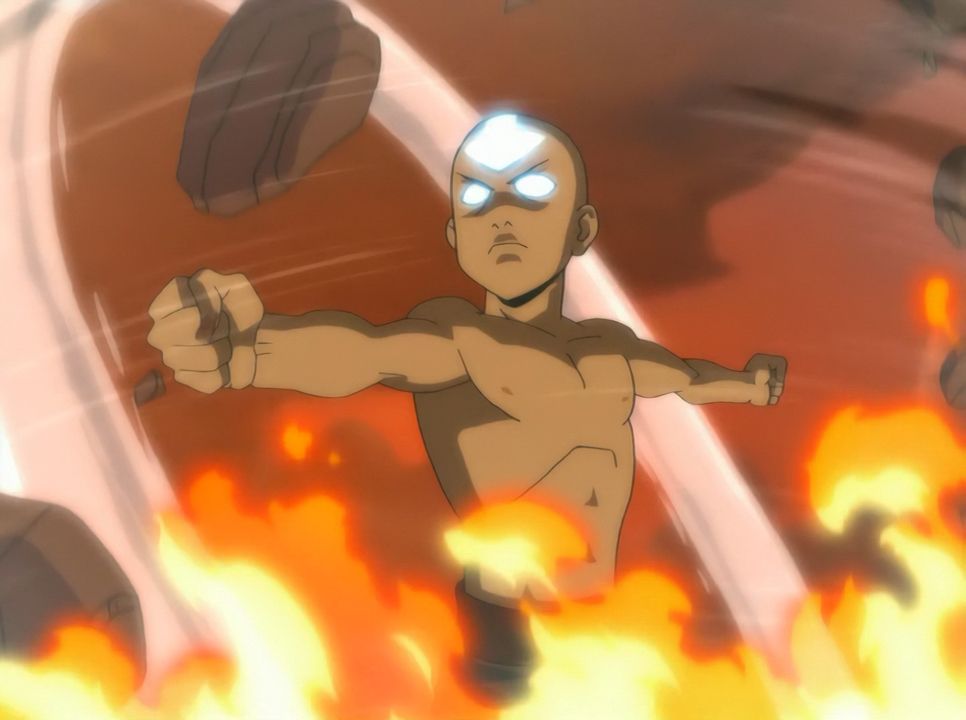By Lauryn Clarke, Third Year, History
Water. Earth. Fire. Air. Long ago the Four Nations lived in harmony. Then everything changed when the Fire Nation attacked.
It’s hard to find someone on the cusp of the Millennial-Gen Z split who doesn’t recognise those words, whether it’s from the watching the now iconic show Avatar: The Last Airbender or from the meme that circulated the internet years later. But the recent resurgence of the show on the internet isn’t just nostalgia: Avatar is actually the best quarantine watch and I’ll tell you why.
In a quick summary for anyone who hasn’t ever watched the show, it is set in an alternate universe where people called ‘Benders’ can bend one of the four elements to their will, and live in nations primarily ascribed to that element. There is a person born and reincarnated into different bodies called the ‘Avatar’ – in this series it is in Aang, but in the sequel show it is the next reincarnation ‘Korra’ – who can master all four elements. However, in Avatar: the Last Airbender, the Avatar has been missing for a hundred years, and the ruler of the fire nation is seeking to conquer the rest of the nations in the Avatar’s absence.
Without knowing anything else, this show already has an excellent premise that appeals to more than just children. However, this show covers so many topics applicable to 2020 (despite starting in 2005) from grief, to parental abuse, to disability, and it handles them with grace – Michael DiMartino and Brian Konietzko didn't put on their kid-gloves to deal with these topics, but they did made them understandable for children. Take Toph, for example: when the main characters (lovingly dubbed by the internet as ‘the Gaang’) meet her, they are convinced she is not the great Earth-bender they are looking for because not only is she a young girl, she is also completely blind. She is coddled by her parents who believe she will never be able to do anything due to her disability, and she is seen as weak by almost everyone in her life. But over the course of the episode (and the rest of the show), she is shown to easily be the strongest of them all, and in fact uses people’s underestimations of her to her advantage. In another episode there is an androgynous character who is accidentally misgendered as a boy - she angrily corrects Iroh and after her friend reminds her that as long as she’s comfortable with who she is then it doesn’t matter how other people see her.

Examples like that are not few and far between with this show. The creators continued to deal with hard-hitting topics such as PTSD and self-doubt in the follow up show ‘The Legend of Korra’ but did so in a more teenager-aimed way, to match up with an audience who had grown up by then. Korra also featured a romance between the two main female characters at the end of the show (and continuing on in the comic books), much to the happiness of most viewers and to the disdain of a conservative minority. Unfortunately it wasn’t able to be featured until the finale of the show because Nickelodeon feared that it wouldn’t be marketable or would offend audiences but in reality people welcomed the move - Asami had helped protagonist Korra accept her feelings and deal with her PTSD, and was her best friend more so than anyone else so fans were supportive of the relationship.

So why did this show gain popularity during the COVID-19 crisis? Because no matter what, the show’s key message is about hope. Behind the beautiful art designs and incredible story, these episodes carry a message of hope at the end of the tunnel, of friendship and of bravery, and of good triumphing in the end even through setbacks and hardship. Even without the confusing and stressful time of quarantine, the news cycle is consistently distressing, presenting images of discrimination and protests and unlawful killings of innocent people. On top of being a show with excellent representation of people of colour, including Avatar Korra being a woman of colour herself (although the creators have come under fire for not including as many voice actors of colour in their shows), it provides positivity and emotional honesty in a way that is rare for all shows, let alone shows marketed to and meant for children.
With Avatar already on Netflix, and The Legend of Korra coming soon, I’m sure we’ll see more popularity and commentary on the internet in the coming weeks. What do you think of the Avatar series? Did you watch it or are you going to watch it for the first time? Which type of bender would you like to be?
Featured: IMDb / Nickelodeon
Are you a fan of Avatar: The Last Airbender? Let us know!









